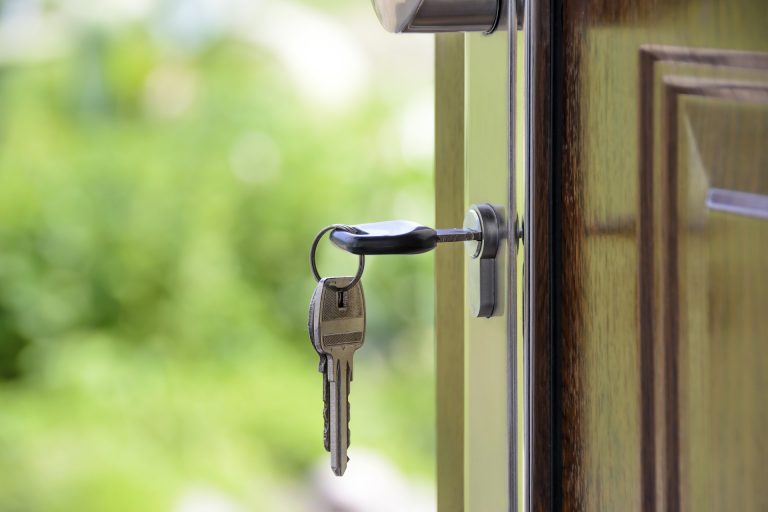
Searching for an apartment can be really stressful, after all there are so many factors that you have to balance from closeness to work to being in a pleasant area. When you finally find that perfect apartment, it can feel like a huge weight off your mind, that is, until you get the bill just to move in!
In Japan, the amount of fees that you have to pay borders on the ridiculous. Many apartments require all of the following:
- the real estate agent’s ‘finder’s fee’ (generally one month’s rent)
- insurance
- key money
- rent in advance (typically the first month and an extra month)
- the lock change fee (if there are two locks you may be able to negotiate this for only one of the locks)
- a support fee (in case anything backfires)
- guarantor fee (someone who promises to pay your rent if you are unable to pay)
- and a security deposit
This can quickly add up. A typical budget for an apartment with a rent of 100,000 yen a month, for example, would be 200,000 yen for the deposit, a further 200,000 for key money, one month rent paid upfront 100,000 yen, and another 100,000 yen for the real estate agent’s commission. Oh, but that’s not all, there are extra expenses that will likely be added such as key replacement 30,000 yen and insurance 25,000 yen. Before you have even moved in you may well be out 650,000-plus yen or five months rent!
What is key money?
At this point, you may be wondering why there is that extra expense of key money. After all, things like insurance are essential, but unless the key is made out of solid gold with encrusted diamonds, surely the equivalent of 2 months rent is a little steep for simply getting a key handed over to you? Worse still, the money is not a deposit and the renter will never see it again unless the landlord does something really egregious.
The origins of key money are disputed. A common belief is that it dates back to the post-war period times when demand for quality apartments far exceeded supply. As a result, the landlords tried to get as much money from the renters in the short-term, knowing that many of them would soon move on, the renters were so grateful that they would pay an extra stipend just for the favor of being allowed to use the property.
Another theory is that key money is a way of evening out the balance of power as the rights of the renter have improved. According to this theory, as it became increasingly difficult to kick a resident out for no reason (despite what some landlords may tell you!), landlords started strictly enforcing key money as a way to weed out applicants who weren’t really keen, might flake on the rent, or be unable to maintain the apartment.

Can you find an apartment that has no key money?
As the payment of key money is so unpleasant to most people, if you are willing to look for apartments in less trendy areas, you may be offered a so-called zero-zero property. These are properties with no deposit and no key money, however be careful as the rent may well be overpriced as a result. These are win-win propositions for short-term stayers: the renter can save money; the landlord can fill their property and charge rent.
Of course, even these apartments have their traps for the unwary. One common one is a minimum stay clause where you have to stay for a certain amount of time or be forced to buy out the remainder of the contract. Generally speaking, these are one-year commitments but be wary of two-year commitments.
The fee to be allowed to pay more fees
One encouraging sign for renters is that recent trends have been away from paying key money. The days of landlords negotiating ridiculous amounts, such as a year’s rent worth of key money, are thankfully long-gone. Long gone… except for the trendy areas of Tokyo and its surrounding areas where not only do renters have to pay key money but also when they renew the contract, pay a special fee called a 更新料, which is a additional key money-like expense paid to continue the contract.
For visitors not wanting to pay exorbitant fees, it is a constant balance between evaluating factors like how long you want to stay and how much money you have saved up. The good thing is that at least one of either the key money or the rent is usually negotiable. If you are staying for a long time, you may find that it is better to take the key money and save long term on rent, and vice-versa. Using this tactic, you should be able to negotiate towards a deal that benefits you in whatever situation you are in.













